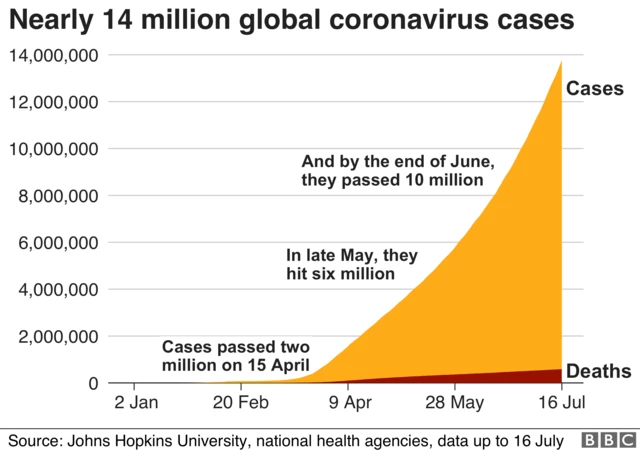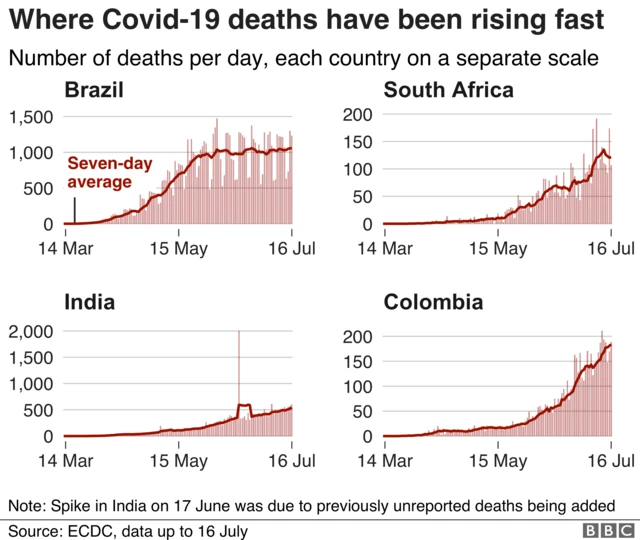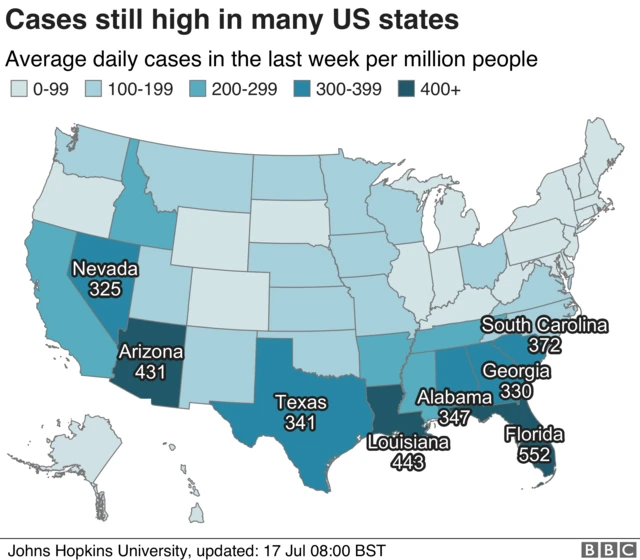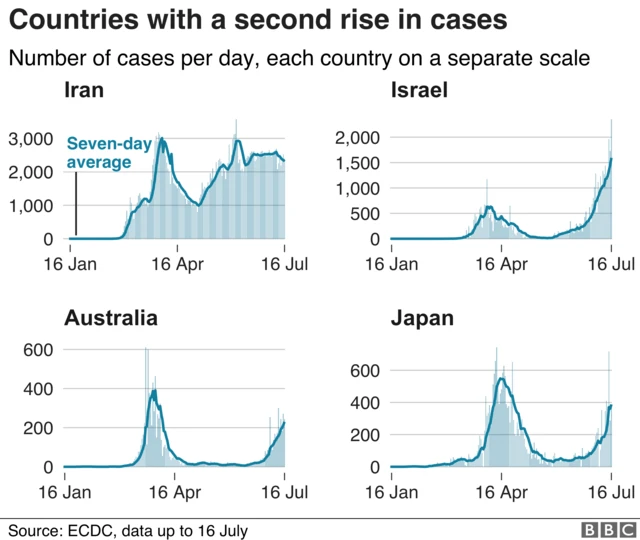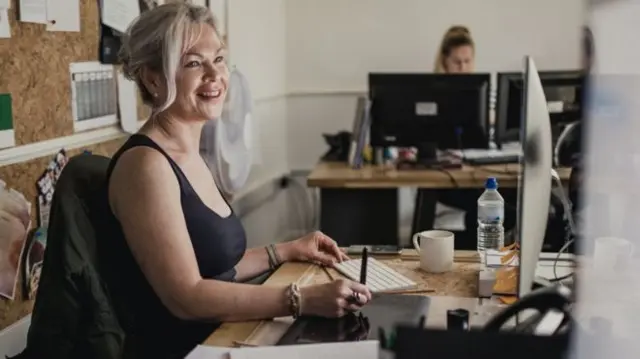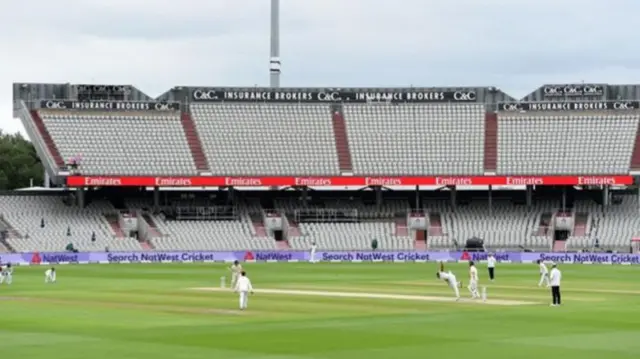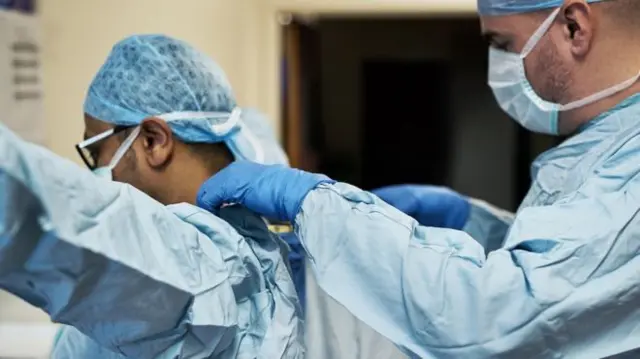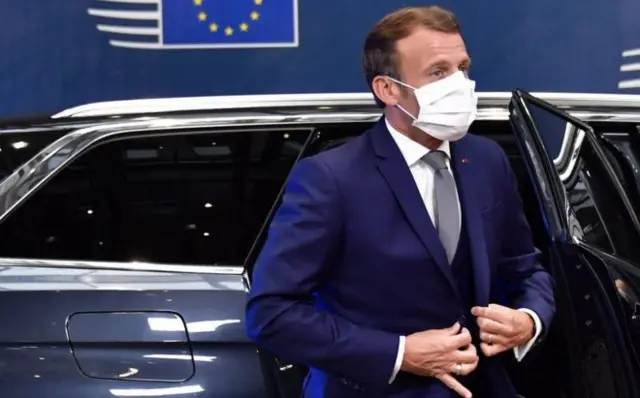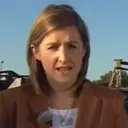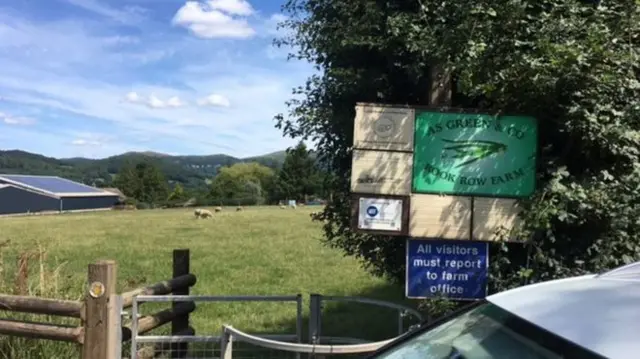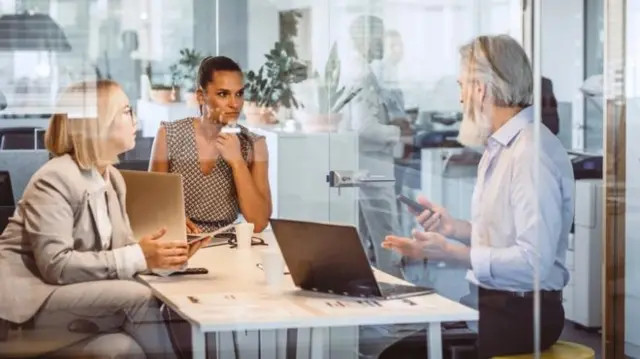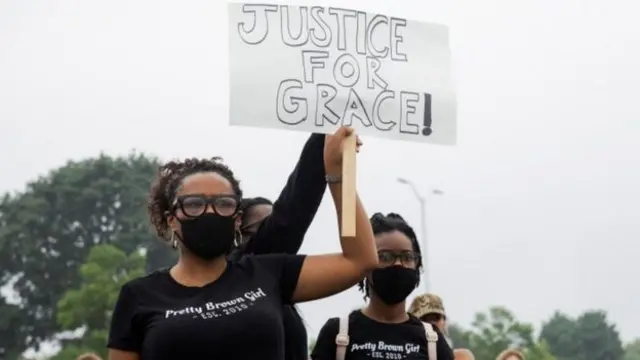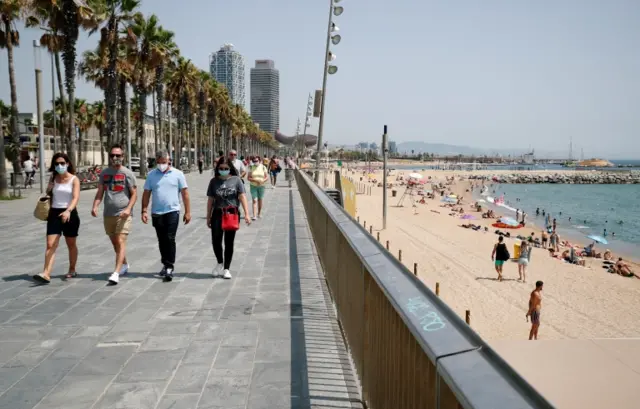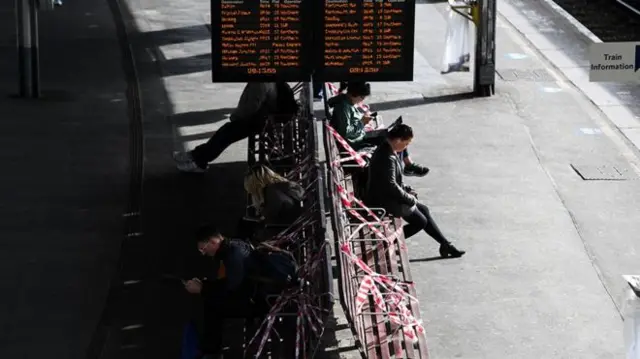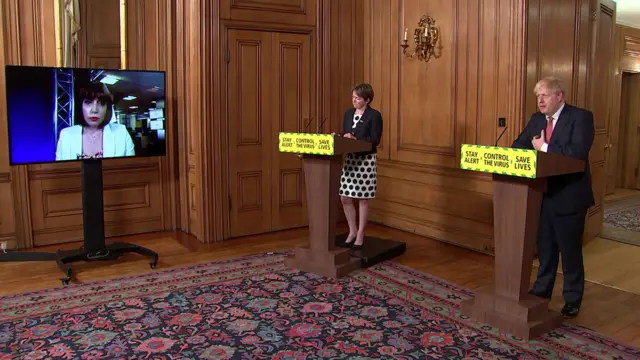Labour leader: 'Key is confidence'published at 13:12 BST 17 July 2020
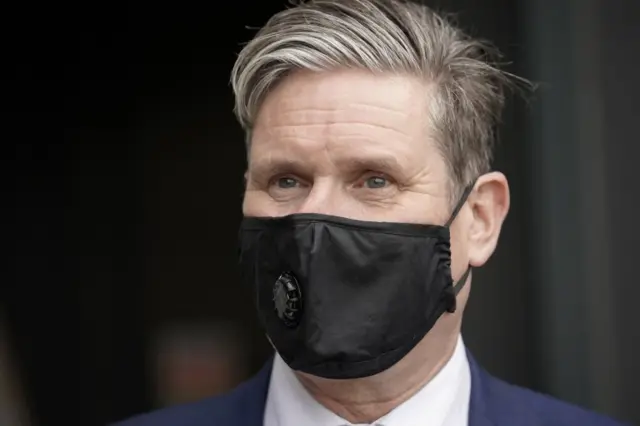 Image source, Getty Images
Image source, Getty ImagesLabour leader Sir Keir Starmer has said he will look at the details of the government's plan to get people back to work in England, but stressed the "key is confidence".
He added: "This can't be done on a wing on a prayer and requires a credible plan and national leadership."
He questioned whether the public and businesses would have confidence in the advice given and whether the government’s own scientific advisers would support the measures.
"Businesses have to be confident that it's safe to go back to work," he said.
He welcomed the additional £3bn for NHS England, but lamented that there were no extra funds announced for social care by the PM.
